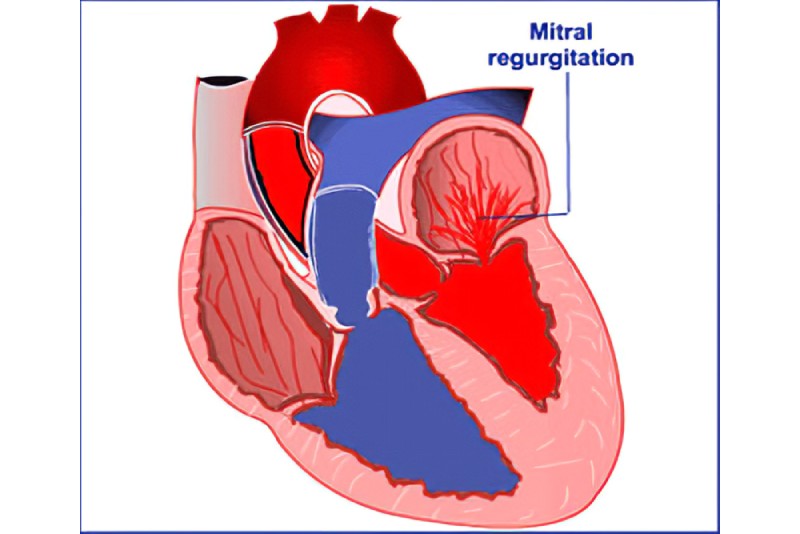Cardiology
Valve Repair Aids in HF and Severe Mitral Regurgitation Even in Malnourished Patients
-
General Medicine6 days ago
Advancing Medical Innovations: Exploring the Breakthroughs of Microsurgery
-

 Diabetology2 weeks ago
Diabetology2 weeks agoYour Natural Solution for Blood Sugar Control
-

 Diabetology5 days ago
Diabetology5 days agoHow AI Is Revolutionizing Diabetes Care: From Glucose Monitoring to Prevention
-

 Diabetology1 day ago
Diabetology1 day agoAyurvedic Remedies to Manage Type 2 Diabetes Effectively
-

 Diabetology1 day ago
Diabetology1 day agoScientists Discover Sweet and Simple Way to Reduce Diabetes Risk — No Medicine Required




